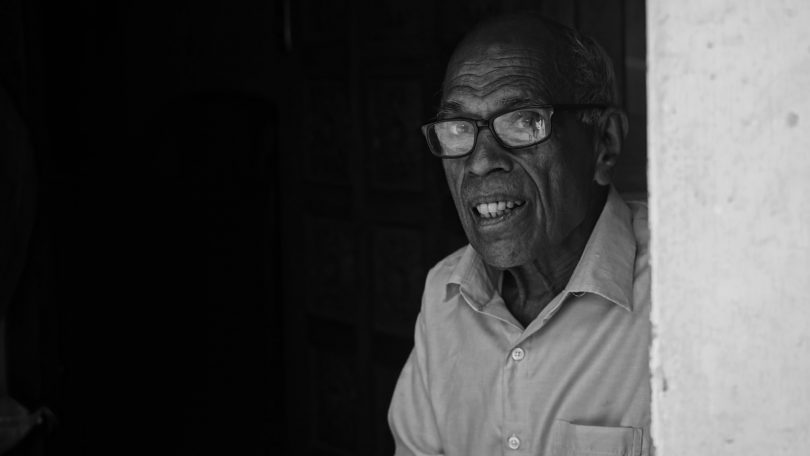For most Black adults, caregiving is not a choice, rather, an inheritance. In other words, many are uncertified caregivers without any formal training. They simply fell into the role. Those who refuse to take up the responsibility of caregiving are either seen as ungrateful or irresponsible—and wear the stigma like a badge of dishonor. Those who take up the role of caregiving rarely receive adequate preparation which makes it harder for them to decipher what they should and should not do, and to what extent they should play the caregiving role.
The pressure of caregiving is often mostly felt by women who, unfortunately, make up about 57% of Black family caregivers. These women often spend an average of thirty hours per week providing care for both aging parents and their young children which can lead to acute emotional and financial stress.
Interestingly, both paid and unpaid caregiving meet the International Labor Organization’s definition of “work”—and Black caregivers should approach it as such. The most reported roles that Black caregivers play include preparing meals, providing companionship, managing medications, interfacing with medical providers, and ironing out insurance issues. However, caregiving roles can vary from one person to another depending on the circumstances.
While providing care for aging parents is a good thing, it is important to clearly define your role and the extent of care you will be providing so that it doesn’t take a toll on your emotional and mental health as well as your finances. But are there things that Black caregivers shouldn’t be doing? It is vital to answer that question.
1. Caring for multiple people at the same time
Providing care for one parent can be a serious challenge that requires many hours of commitment. However, studies have shown that many Black caregivers are actively caring for multiple people at the same time which may include grandchildren, children, parents, or other family members.
While it is true that caregiving is one of the ways that Black people show love, it is also important not to bite off more than you can chew. Offering care to more people than you can accommodate will not only wear you down emotionally and mentally, but it can also drain your finances and cost you your job.
Sade Dozan, a senior director of development at Caring Across Generations in a post published by Generations American Society on Aging described how she was typing from a hospital waiting room just to meet a deadline because her mother had a heart attack and she had exhausted her maternity leave.
Stories like these are a constant reminder of how tasking caregiving can be and the need to properly weigh your options before being a caregiver to multiple people because long-term services and support (LTSS) benefits are limited.
2. Playing the role of healthcare professionals
Unless you are a certified doctor, you should never act like one. More frequently, some Black caregivers are tempted to play the role of a medical professional. This is often the case when they are trying to cut down the financial burden of acting as a caregiver.
Withholding important information from family medical professionals or going against doctors’ wishes can have severe consequences. Being a caregiver requires openness to information and cooperating maximally with healthcare professionals. Providing accurate medical history can help the healthcare provider make informed decisions.
3. Invasion of privacy
There is a slim line between caregiving and outright invasion of privacy. However, some Black caregivers cross that line far too often. Searching the patient’s belongings, eavesdropping on their conversations, or being around more than required can also be form of privacy invasion.
While providing care for your parents, give them space to make their own decisions. Your actions should always pass as a suggestion rather than a command. Your parents will always want to be in control and may become unruly if they feel their superiority is being threatened.
4. Don’t forget yourself
Finally, don’t forget to take care of yourself. Black caregivers sometimes commit their time and resources to taking care of their loved ones to the point that they forget that they need to take care of themselves too. It is estimated that 40 to 70% of caregivers clinically show symptoms of depression. That will often be the case when you forget to take care of yourself.
Perhaps, it is time to unbundle the stereotype associated with enrolling aging parents in assisted facilities. Black people should normalize seeking help and assistance with taking care of their loved ones when they are not disposed to do so themselves.
For more reading
https://www.ncbi.nlm.nih.gov/books/NBK396398/
https://generations.asaging.org/care-blackness-and-generational-values
https://www.caregiver.org/resource/caregiver-health/
https://geriatrics.stanford.edu/ethnomed/african_american/disparities/physician/caregiving.html








